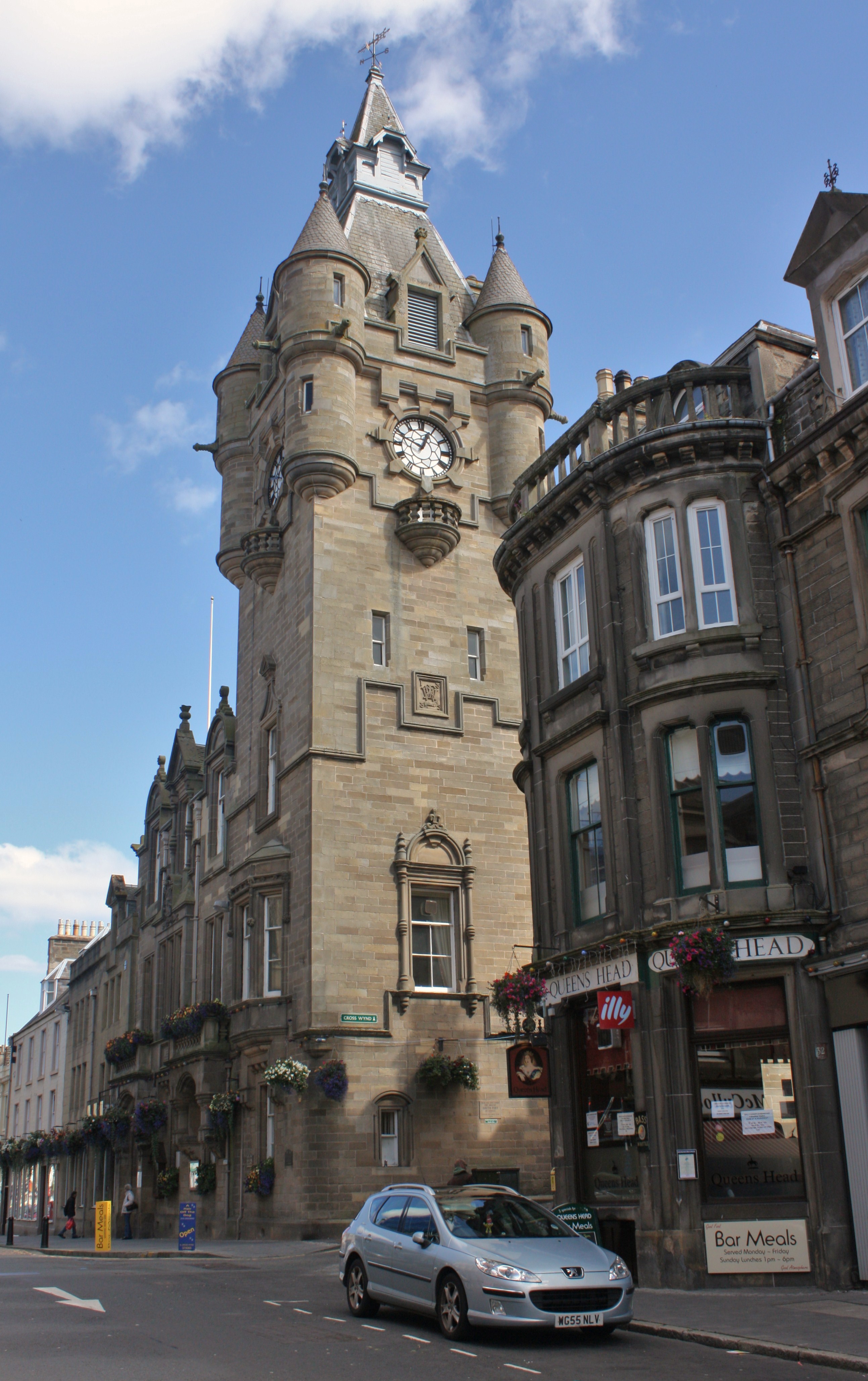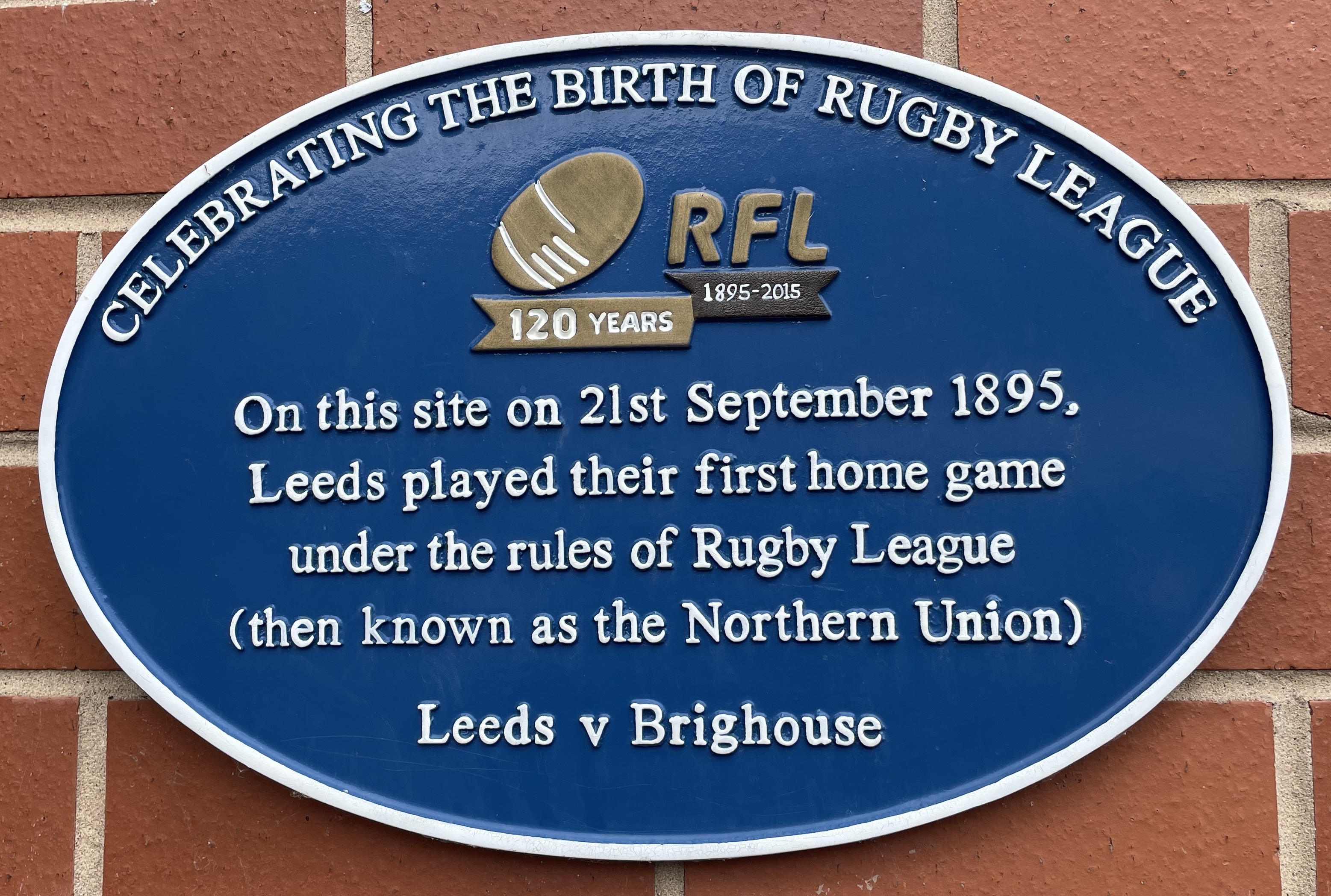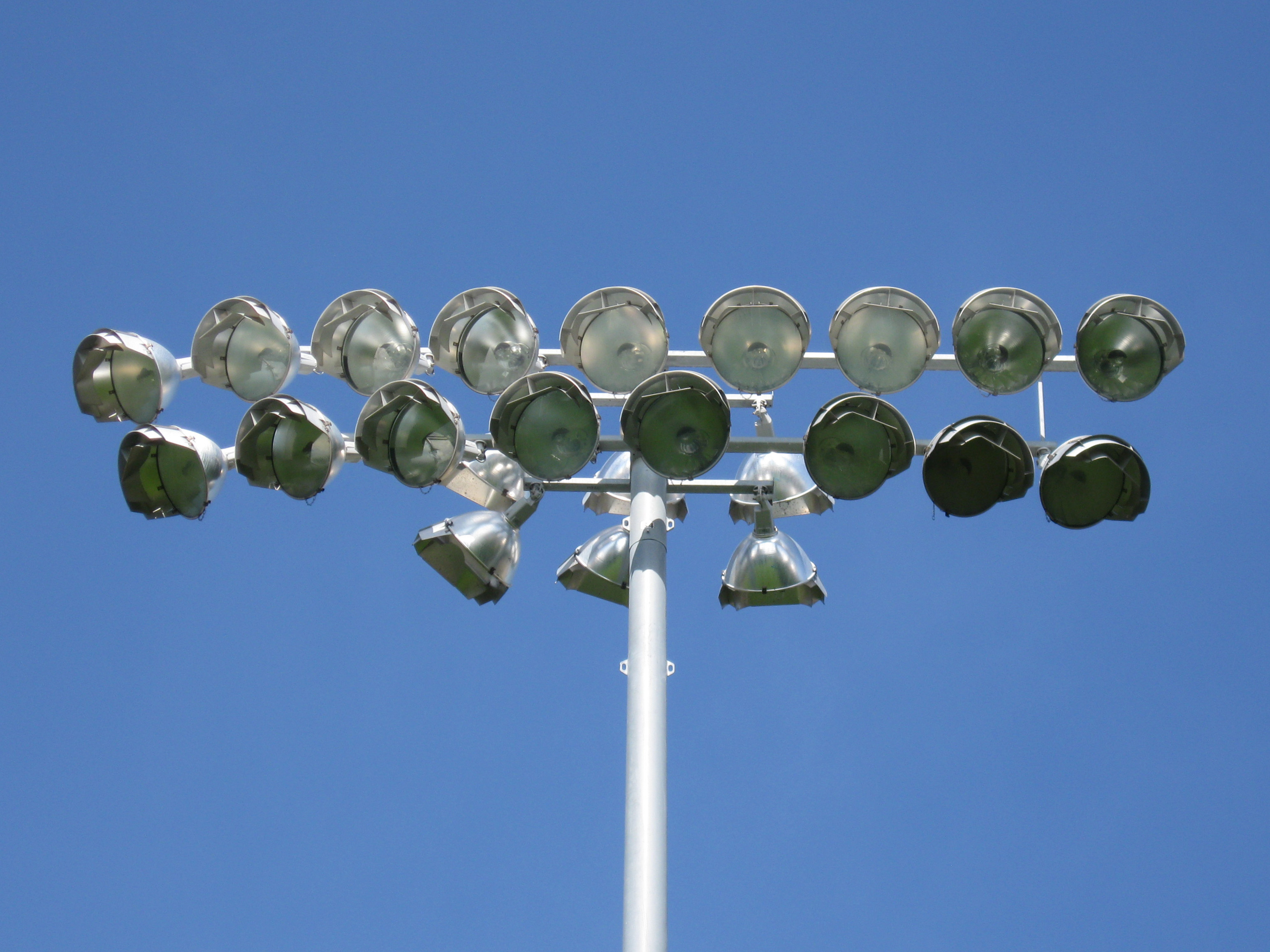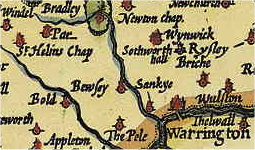|
Rob Valentine (rugby)
Rob "Bob" A. Valentine (born ) is a Scottish rugby union and professional rugby league footballer who played in the 1950s, 1960s and 1970s, and coached rugby league in the 1970s. He played representative level rugby union (RU) for South of Scotland, and at club level for Hawick Wanderers RFC, Hawick Linden RFC and Hawick RFC as a flanker, and representative level rugby league (RL) for Great Britain and Other Nationalities, and at club level for Huddersfield, Wakefield Trinity ( Heritage No. 768) and Keighley (captain), as a or , i.e. number 8 or 10, 11 or 12, or 13, and coached at club level rugby league (RL) for Britannia Works in 1975 in Huddersfield's Pennine League, and formed the Huddersfield colts team in 1976. Background Bob Valentine was born in Hawick, Scotland, and he worked as an electrician. Playing career International honours Rob Valentine represented South of Scotland (RU) while at Hawick RFC, his last match being the 0–8 defeat by New Zealand in the 1 ... [...More Info...] [...Related Items...] OR: [Wikipedia] [Google] [Baidu] |
Hawick
Hawick ( ; sco, Haaick; gd, Hamhaig) is a town in the Scottish Borders council area and historic county of Roxburghshire in the east Southern Uplands of Scotland. It is south-west of Jedburgh and south-south-east of Selkirk. It is one of the farthest towns from the sea in Scotland, in the heart of Teviotdale, and is the biggest town in the former county of Roxburghshire. The town is at the confluence of the Slitrig Water with the River Teviot. The town was formally established in the 16th century, but was previously the site of historic settlement going back hundreds of years. By the late 17th century, the town began to grow significantly, especially during the Industrial Revolution and Victorian era as a centre for the production of textiles, with a focus on knitting and weaving, involving materials such as tweed and cashmere. By the late 20th century, textile production had declined but the town remains an important regional centre for shopping, tourism and services. H ... [...More Info...] [...Related Items...] OR: [Wikipedia] [Google] [Baidu] |
Huddersfield
Huddersfield is a market town in the Kirklees district in West Yorkshire, England. It is the administrative centre and largest settlement in the Kirklees district. The town is in the foothills of the Pennines. The River Holme's confluence into the similar-sized Colne to the south of the town centre which then flows into the Calder in the north eastern outskirts of the town. The rivers around the town provided soft water required for textile treatment in large weaving sheds, this made it a prominent mill town with an economic boom in the early part of the Victorian era Industrial Revolution. The town centre has much neoclassical Victorian architecture, one example is which is a Grade I listed building – described by John Betjeman as "the most splendid station façade in England" – and won the Europa Nostra award for architecture. It hosts the University of Huddersfield and three colleges: Greenhead College, Kirklees College and Huddersfield New College. The town ... [...More Info...] [...Related Items...] OR: [Wikipedia] [Google] [Baidu] |
Rugby League County Cups
Historically, English rugby league clubs competed for the Lancashire Cup and the Yorkshire Cup, known collectively as the county cups. The leading rugby clubs in Yorkshire had played in a cup competition (affectionately known as ''t’owd tin pot'') for several years prior to the schism of 1895. However, the Lancashire authorities had refused to sanction a similar tournament, fearing it would lead to professionalism. After the split, the replacement for the Yorkshire Cup was not immediately introduced; however, new Yorkshire and Lancashire Cups were introduced in the 1905–06 season. The county cups were played on the same basis as the Challenge Cup, with an open draw and straight knock-out matches leading to a final. The county cups were abandoned in 1993 due to the more successful clubs complaining about overloaded fixtures, but the Yorkshire Cup was revived in 2019. Yorkshire Cup The Yorkshire Cup is a rugby league county cup competition for teams in Yorkshire. Startin ... [...More Info...] [...Related Items...] OR: [Wikipedia] [Google] [Baidu] |
RFL Yorkshire Cup
The RFL Yorkshire Cup is a rugby league county cup competition for teams in Yorkshire. Starting in 1905 the competition ran, with the exception of 1915 to 1918, until the 1992–93 season, when it folded due to fixture congestion. In 2019, the competition was relaunched as a pre-season tournament, but not all Yorkshire clubs were invited, hence it is not a legitimate running of the competition, and was not played for ahead of the 2020 season. The competition was open to all senior member clubs of the Rugby Football League in Yorkshire and was normally played in the opening months of the season. On two occasions, 1918–19 and 1940–41 the competition was held towards the end of the season due to the two world wars. During the Second World War the Lancashire Cup was not played for between 1941 and 1945 and several Lancashire clubs were admitted into the Yorkshire Cup competition instead. The cup finals in 1942, 1943 and 1944 were played over two legs with the winner being d ... [...More Info...] [...Related Items...] OR: [Wikipedia] [Google] [Baidu] |
1973–74 Yorkshire Cup
The 1973–74 Yorkshire Cup was the sixty-sixth occasion on which the Yorkshire Cup Rugby competition had been held. Leeds won the trophy by beating Wakefield Trinity by the score of 7-2. The match was played at Headingley, Leeds, now in West Yorkshire. The attendance was 7,621 and receipts were £3,728. This was Leeds' fourth victory (and the second of two consecutive victories) in what would be eight times in the space of thirteen seasons. It was also the first of two consecutive Yorkshire Cup Final appearances by Wakefield Trinity, both of which would result in defeat Background The Rugby League Yorkshire Cup competition was a knock-out competition between (mainly professional) rugby league clubs from the county of Yorkshire. The actual area was at times increased to encompass other teams from outside the county such as Newcastle, Mansfield, Coventry, and even London (in the form of Acton & Willesden). The Rugby League season always (until the onset of "Summer Rugby" ... [...More Info...] [...Related Items...] OR: [Wikipedia] [Google] [Baidu] |
Leeds Rhinos
The Leeds Rhinos are a professional rugby league club in Leeds, West Yorkshire, England. The club was formed in 1870 as Leeds St John's and play in the Super League, the top tier of English rugby league. They have played home matches at Headingley Stadium since 1890. In 1895, Leeds was one of twenty-two rugby clubs that broke away from the Rugby Football Union and formed what was originally the Northern Union, but is now the Rugby Football League. The club was known simply as Leeds until the end of the 1996 season, when they added Rhinos to their name. They are also historically known as the Loiners, referring to the demonym for a native of Leeds. Leeds have won 11 League Titles, 13 Challenge Cups and three World Club Challenge titles. Leeds play in blue and amber kits at home matches and historically have worn either white or yellow away kits. They share rivalries with St. Helens, Wigan Warriors, Bradford Bulls and Castleford Tigers as well as a local city rivalry with ... [...More Info...] [...Related Items...] OR: [Wikipedia] [Google] [Baidu] |
Floodlight
A floodlight is a broad-beamed, high-intensity artificial light. They are often used to illuminate outdoor playing fields while an outdoor sports event is being held during low-light conditions. More focused kinds are often used as a stage lighting instrument in live performances such as concerts and plays. In the top tiers of many professional sports, it is a requirement for stadiums to have floodlights to allow games to be scheduled outside daylight hours. Evening or night matches may suit spectators who have work or other commitments earlier in the day, and enable television broadcasts during lucrative primetime hours. Some sports grounds which do not have permanent floodlights installed may make use of portable temporary ones instead. Many larger floodlights (see bottom picture) will have gantries for bulb changing and maintenance. These will usually be able to accommodate one or two maintenance workers. Types The most common type of floodlight is the metal-halid ... [...More Info...] [...Related Items...] OR: [Wikipedia] [Google] [Baidu] |
St Helens, Merseyside
St Helens () is a town in Merseyside, England, with a population of 102,629. It is the administrative centre of the Metropolitan Borough of St Helens, which had a population of 176,843 at the United Kingdom Census 2001, 2001 Census. St Helens is in the south-west of the Historic counties of England, historic county of Lancashire, north of the River Mersey. The town historically lay within the ancient Lancashire division of West Derby (hundred), West Derby known as a hundred (county division), ''hundred''. The town initially started as a small settlement in the Township (England), township of Windle, St Helens, Windle but, by the mid 1700s, the town had become synonymous with a wider area; by 1838, it was formally made responsible for the administration of the four townships of Eccleston, St Helens, Eccleston, Parr, St Helens, Parr, Sutton, St Helens, Sutton and Windle. In 1868, the town was created by incorporation as a municipal borough and later became a county borough in 1887 ... [...More Info...] [...Related Items...] OR: [Wikipedia] [Google] [Baidu] |
Knowsley Road
Knowsley Road in Eccleston, St Helens, Merseyside, was the home ground of St. Helens from 1890 until its closure in 2010. St Helens Town FC played their home fixtures at Knowsley Road from 2002 until 2010. For a period, the venue also hosted Liverpool F.C. Reserves. The stadium was demolished during spring 2011 and a new construction then known as Cunningham Grange, named after club legend Keiron Cunningham, was built on the site. Stadium Knowsley Road consisted of four stands of open terracing and one seated stand called the Family Stand. Family Stand The Family Stand was the only section of the stadium which had a seated area, although there were still areas for standing supporters. The players entered the field from a gateway under the stand and the dugout was also in the Family Stand. The Family Stand contained an area for the media such as local radio stations. It was built after the Second World War, funded by local businesses. The actual design of the stand means tha ... [...More Info...] [...Related Items...] OR: [Wikipedia] [Google] [Baidu] |
St Helens R
ST, St, or St. may refer to: Arts and entertainment * Stanza, in poetry * Suicidal Tendencies, an American heavy metal/hardcore punk band * Star Trek, a science-fiction media franchise * Summa Theologica, a compendium of Catholic philosophy and theology by St. Thomas Aquinas * St or St., abbreviation of "State", especially in the name of a college or university Businesses and organizations Transportation * Germania (airline) (IATA airline designator ST) * Maharashtra State Road Transport Corporation, abbreviated as State Transport * Sound Transit, Central Puget Sound Regional Transit Authority, Washington state, US * Springfield Terminal Railway (Vermont) (railroad reporting mark ST) * Suffolk County Transit, or Suffolk Transit, the bus system serving Suffolk County, New York Other businesses and organizations * Statstjänstemannaförbundet, or Swedish Union of Civil Servants, a trade union * The Secret Team, an alleged covert alliance between the CIA and American indust ... [...More Info...] [...Related Items...] OR: [Wikipedia] [Google] [Baidu] |
Mansfield Park, Hawick
Mansfield Park is a rugby union ground in Hawick, Scotland, with a capacity of approximately 5,000. It is the home of Hawick Rugby Football Club, who currently play in the Scottish Premiership and Border League. It became the home ground of Hawick Football Club in 1888, with the club relocating to Mansfield Park two years after being admitted into the Scottish Football Union in 1886. The grandstand at Mansfield Park holds 1,400 spectators and is the biggest rugby club stand in the Borders A border is a geographical boundary. Border, borders, The Border or The Borders may also refer to: Arts, entertainment and media Film and television * ''Border'' (1997 film), an Indian Hindi-language war film * ''Border'' (2018 Swedish film), .... In the early days of Hawick Rugby Club, crowds of four or six thousand were common, and ten thousand would come to watch overseas touring teams. In recent years two thousand or more might attend on three or four games each season, including the ... [...More Info...] [...Related Items...] OR: [Wikipedia] [Google] [Baidu] |
1963–64 New Zealand Rugby Union Tour Of Britain, Ireland, France And North America
The 1963–64 New Zealand tour of Britain, Ireland and France was a rugby union tour undertaken by the New Zealand national rugby union team. The tour took in the five major Northern Hemisphere rugby nations of England, Scotland, Ireland, Wales and France. The tour also took in matches against club opposition and invitational county teams, ending in Europe with an encounter with the Barbarians. The final two games of the tour were played in Canada. The New Zealand team were nearly invincible on this tour, their only defeat coming at Newport. They played 36 matches in total, winning 34, losing one and drawing one. They won four of their five international matches, being prevented from completing a clean sweep by a 0–0 draw in the match against Scotland. Matches :''Scores and results list New Zealand's points tally first.'' Touring party *Manager: F. D. Kilby *Assistant Manager: Neil McPhail *Captain: Wilson Whineray Backs *Don Clarke (Waikato) * Malcolm Dick (Auckland) *Ian ... [...More Info...] [...Related Items...] OR: [Wikipedia] [Google] [Baidu] |

.jpg)


